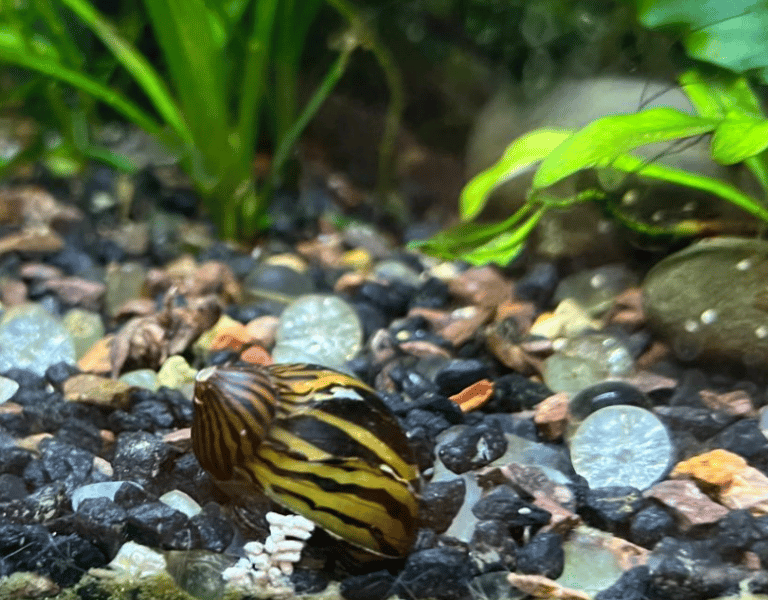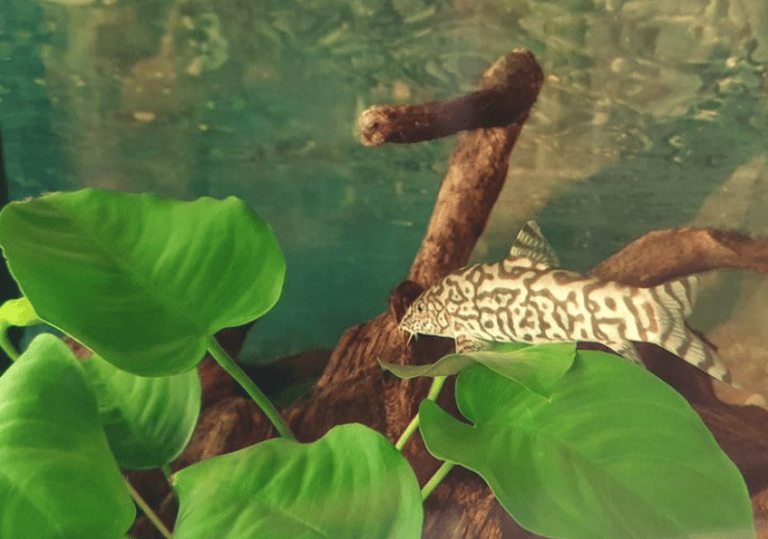During their resting time, bettas stay still and may appear dead, without movement, and with minimal signs of breathing. Betta fish pretend to be dead to get your attention, inform you that it needs rest, or communicate that something is wrong with the environment.
You may think a dead betta can come back to life because of how they rest and sleep. Bettas can also play or look like they are dead when they are stressed and sick. They are commonly known for their ability to sleep and rest for a long time since they are often active.
It is understandable why a person might think a betta fish died and came back to life. That is because the fish suddenly starts moving again after pretending to be dead. The truth is that a betta fish cannot return to life once it has died.
Identifying the differences between a dead, sleeping, and dying fish is quite easy. When the fish is dying, early identification of the signs can increase the chance of reviving it.
Is my betta fish dead or sleeping?
Your betta fish may be dead or sleeping. The differences are subsequently pointed out below.
1. A sleeping betta fish
Bettas can remain dormant or sleep for 12-14 hours daily, including frequent naps during the day. Since they don’t have eyelids, they sleep with their eyes open.
Bettas sleep at night and are active during the day. It reaches a time in the night when the betta fish appears motionless, indicating that it is asleep. Bettas sleep just like kois in that they remain motionless for a few hours.
Often, the fish go to sleep immediately after the lights are switched off since they like sleeping in a dark environment. The presence or absence of light helps bettas know if it’s night or daytime.
To know if it’s sleeping or dead, look for the following signs:
| Sleeping betta | Dead betta |
| Eyes open but healthy | Eyes open but pale |
| Motionless for a few hours | Permanently motionless |
| Slow movement in the mouth and gills | No movement in the mouth and gills |
| Color restores after waking up | Color doesn’t restore |
| Short periods of different body positions | Same unchanging position for long |
| Responds to touch | Doesn’t respond to anything |
A sleeping betta fish also may lose its vibrant, bright color. The color goes back to normal when it wakes up, from pale to bright. Color change is also a defense mechanism for bettas. Always note this in your betta fish care routine.
If the pale color fails to disappear, your pet has a health issue needing a solution. This can be betta fish behavior before death. If this goes on for longer than a few days, you need to have the fish checked by the vet.
2. A dead betta fish
Because you have checked for signs of life and none exists, the only possible explanation is that your betta fish is dead. A dead fish does not breathe. Even when frightened, it will not respond. Their mouths and gills don’t move as well.
A dead fish remains afloat for a short time and then sinks to the bottom of the tank once it has become heavy due to more water getting into the body.
The water enters the body since the organs no longer keep the water out. Additionally, a dead betta fish appears pale and white. The color is no longer vibrant.
A dead betta fish may also have clouded eyes. The eyes appear like they want to come out of the body.
Do dead bettas float or sink?
Most dead bettas sink when they die. Therefore, bettas resting at the tank’s bottom should be a cause of concern for you. Bettas that float unnaturally at the tank’s surface may be due to swim bladder disorder and not death.
To notice the differences between a dead and sleeping betta fish, you need clear tank water that allows you to see the details about your fish.
Can betta fish freeze and come back to life?
Betta fish cannot freeze and come back to life. Since they are tropical fish species, bettas require a temperature range of 76-82°F for survival. A tank’s temperature below that range can shock and kill bettas.
Ensure your tank is positioned in a warmer location inside the house, and use a heating system or a heat source to keep the temperature favorable throughout the year. Platyfish need less heat than bettas, and you’ll need a balance when keeping them together.
Conclusion
If you encounter a dead fish in your tank and cannot bring it to life, remove and discard it as soon as possible. A dead betta or bettas will spoil and contaminate the tank environment when left to rest there for too long. As a result, you may have to deal with the poisoning and death of other bettas.


